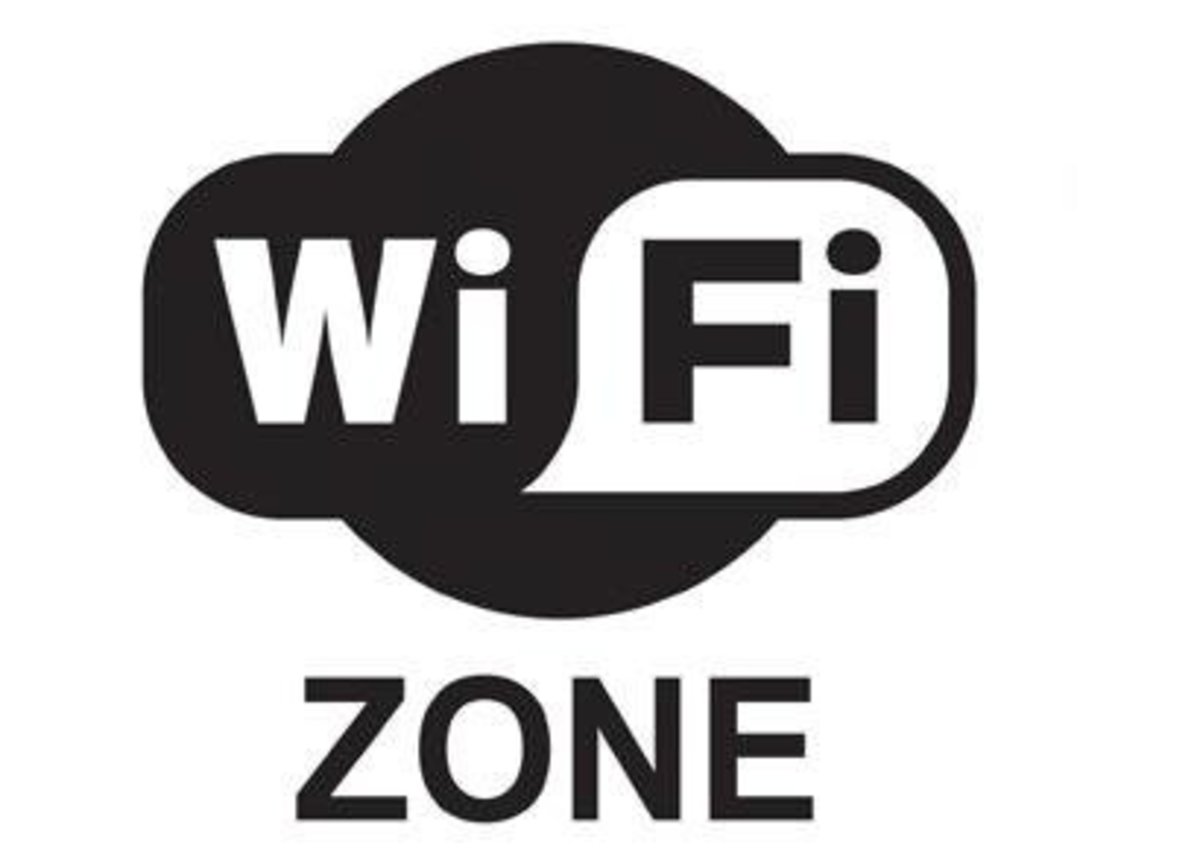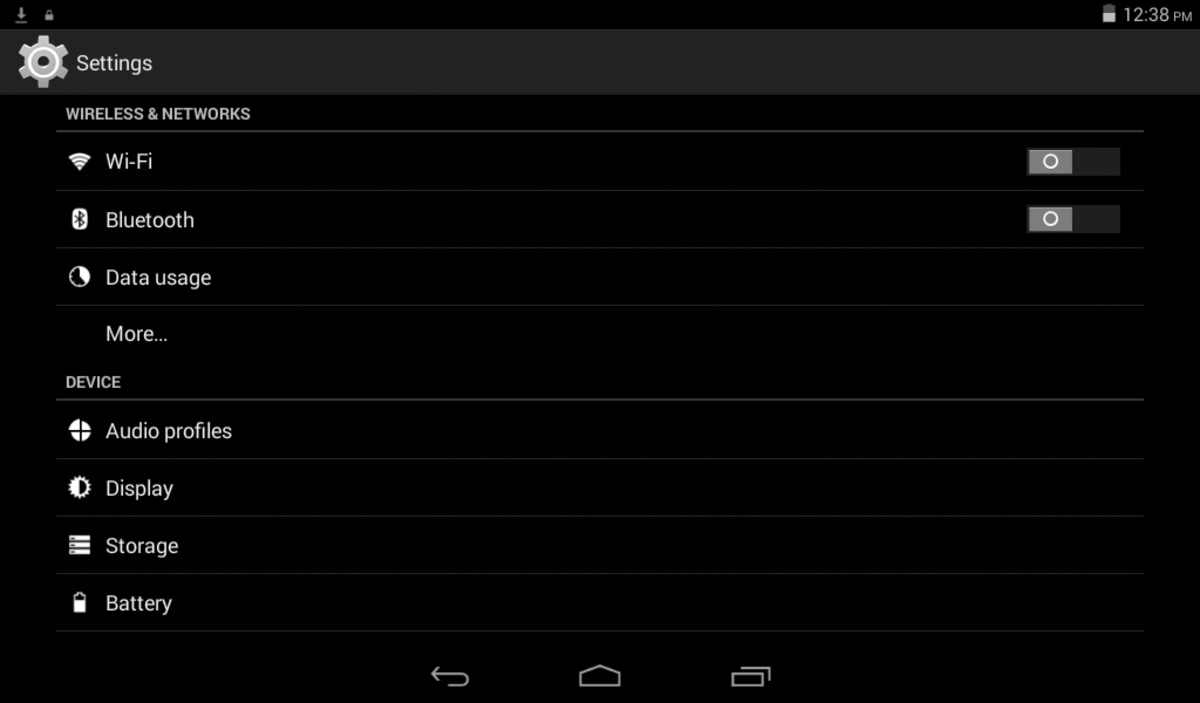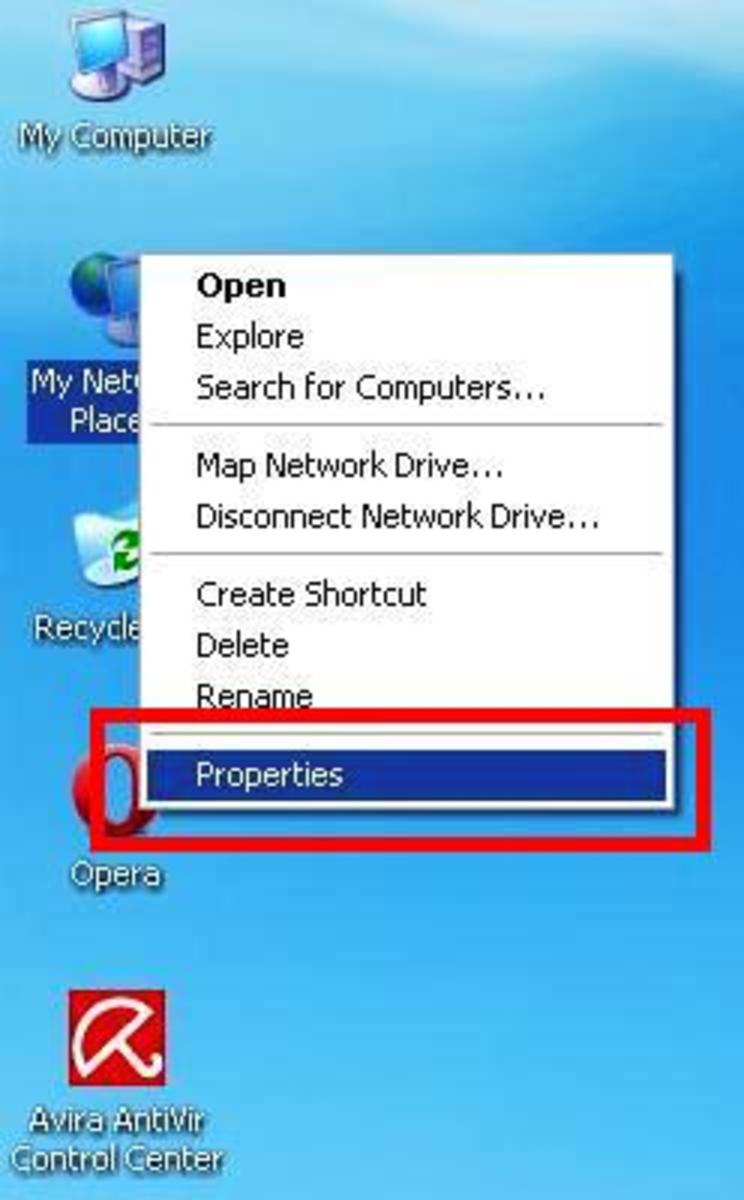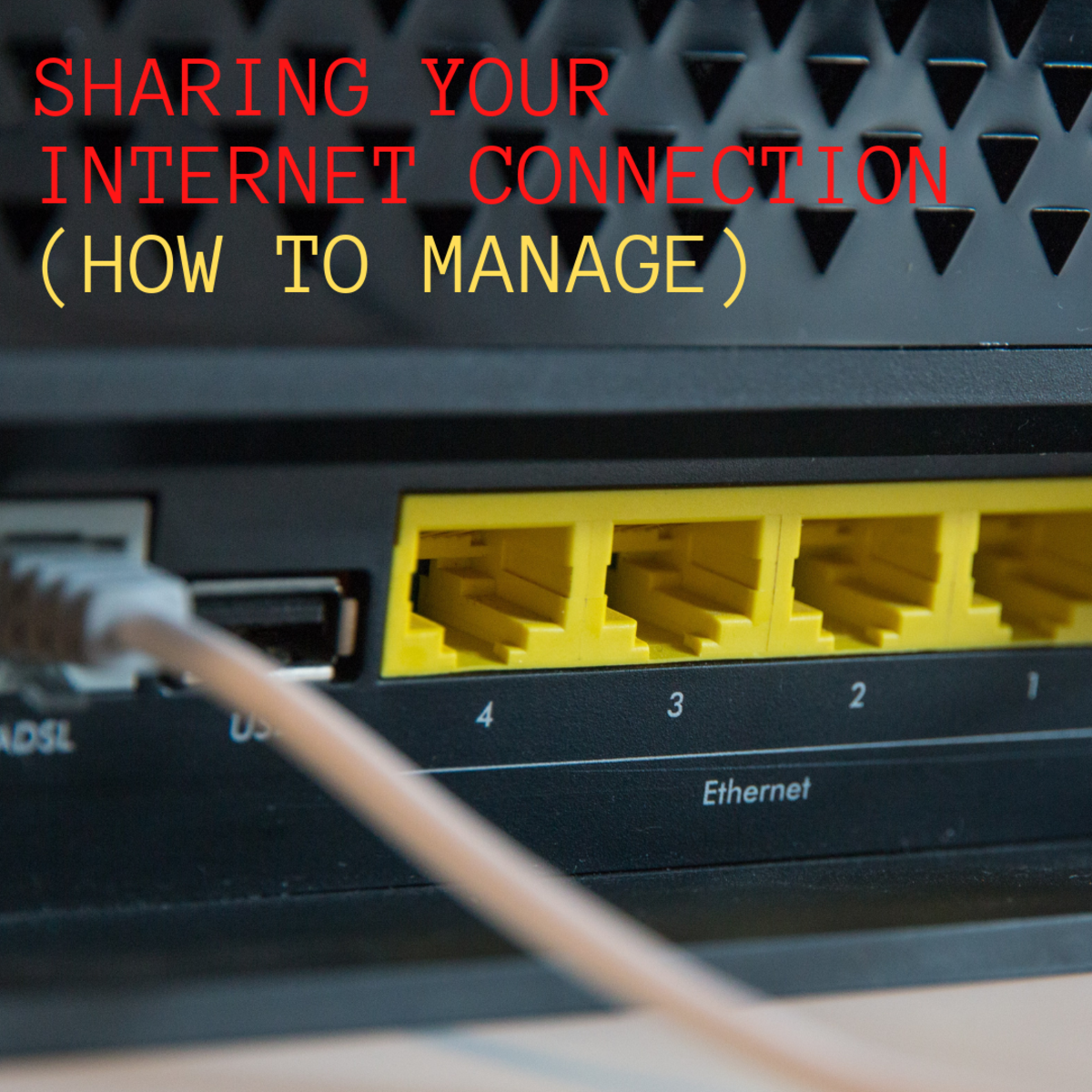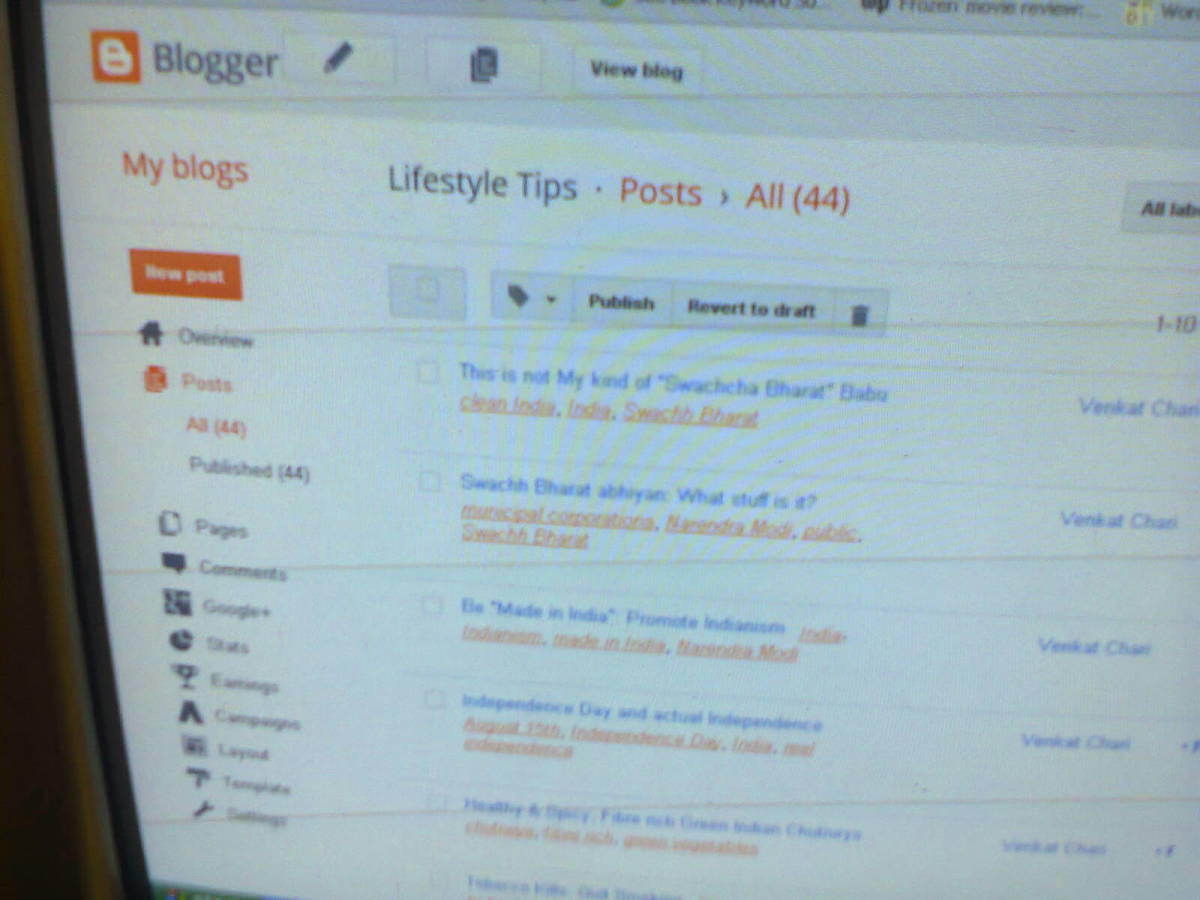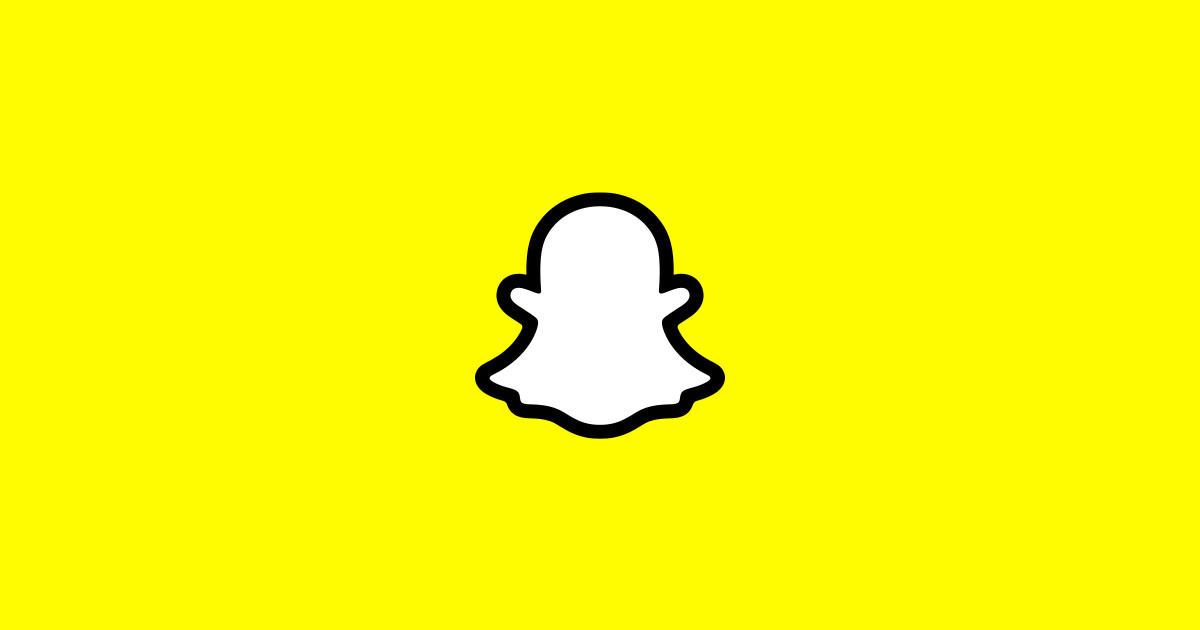Internet Data Cap in the Philippines
Mobile internet FUP
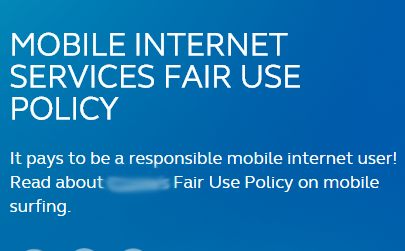
Introduction
Oh perhaps you've wondered why most of the Internet Service Providers in the Philippines provides "ultra slow internet connection" despite the promise of Unlimited, High-speed Internet in their ads. You wonder why are you getting this slow internet speed away from the promised speed, Is it just a false advertisement, or can it be that their network is unstable?
Well, maybe you're not aware of the fact that they do deliver the promised speed, but when the connection has reached its "Daily Limit" it slows everything down and it'll welcome you to "the fastest internet in the 90's" which is 256k
For those who still don't understand Internet Data Cap, it is also termed as "Fair Usage Policy"
What is Internet Data Capping?
Internet Data Caps also known as "bandwidth cap." It is the limitation of the data a subscriber can use daily basis. Whenever an internet user has reached the data limit set by the Internet Service Provider (ISP) at that day, the internet connection will be temporarily slowed down to a minimum speed of 256 kilobits per second (set by the Philippine Laws) until the end of the day.
In order to restore back the promised speed, the ISP may charge a certain overage fee (or what they called speed boost) , or you'll just wait for the next day to come for the connection speed to be reset.
Visual interpretation on what is FUP or Data Caps
Why 256K is the Minimum Connection Speed in the Philippines?
You can thank the government for that!
256K bandwidth speed is equal to download speed of 31 Kb/s. The connection is slow enough to load one second of 720p HD YouTube clip for 30 seconds! So slow, that you can do nothing but to stare at "pictureless" Facebook newsfeed.
Understanding Bandwidth Data Cap Even More
To demonstrate what the Bandwidth Data Cap is all about, then try to imagine that you are a farmer and internet is the water you need for your crops.
Water is an important tool for your business. It will be mandatory for your field to be watered for your crops to grow and survive. You have to go to the " Water Station" (ISP) and ask for their services. The ISP's acts as the distributor and their purpose is to help you fetch out water.
Upon signing a contract, they will give you a bucket in which will allow you to carry out the water for your crops.
Consider the following Factors:
- Bandwidth Speed = Water Pressure from the Faucet (the larger the faucet's opening, the faster internet connection you get)
- Bandwidth Cap = Bucket Size FUP limits your usage, meaning, if you have filled up your bucket for the day, then the ISP will give you the minimum water pressure.
Comparison table of With and Without FUP
With Fair Usage Policy
| Detail
| Without FUP
|
|---|---|---|
3Mbps
| Bandwidth Speed
| 3Mbps
|
1GB per day
| Daily Allowance
| Unlimited
|
256K
| Speed after reaching Bandwidth Allowance
| 3Mbps
|
You can see that with fair usage policy, the subscriber will be limited to 1GB of data use, after that, he/she'll be utilizing 256k internet which is equivalent to 31kbps, Unlike in no FUP, the subscriber will still enjoy 3Mbps through out the day
Sample of Data Capping
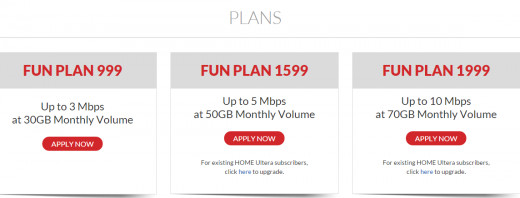
Funny thing About Internet Capping
Funny thing about Internet Capping is that the user going to enjoy a momentarily 3Mbps connection with "ISP's" conditions. That means, that's not truly a 3Mbps plan, instead a "3Mbps up to 1Gig daily allowance per day" plan.
And funny thing about Data Cap is that, the subscriber will be paying 256k for the price of 3Mbps.
That's why it is imperative to be a smart buyer, because there are small players, these "Internet Service Provider with NO DATA CAP" which is far better than ISP with Data Cap.
How do I know If my Internet connection has Bandwidth Limit?
Most large telcos in the country (if not in the world) have their own version of Fair Usage Policy (FUP). As little as you know, ISPs won't mention about Data Cap on their ads, or gladly inform their customers about Data Cap beforehand because it will definitely scare subscribers away. Instead, the FUP waiver is written with tiny fonts
If you're not sure if your ISP has "bandwidth cap", then check on the following:
- Does the brochure of your current ISP, has a "daily limit" or "monthly volume allowance" written under the plan?.
- Does their website mentioned or contained any documents about Fair Usage Policy?
- Does your internet connection slows down like a turtle after you have downloaded or used certain amount of data (usually beyond 1-3 Gigabyte /day)?
If "yes" are the majority of answers, then now you know that your internet plan has its own daily bandwidth cap.
No data Caps

Why do Major ISPs implement Fair Usage Policy?
There are hundreds of reasons why companies implements bandwidth limiting, and below are the most obvious reasons why:
They have large number of subscribers - Which made their network overloaded, prompting them to rebalance the usage of their users. This may be applicable for giant telcos, but not in most cases. Because for obvious reasons, large ISPs do have the money and the resources to host monstrous technology, storage, and facilities which can hold and transmit greater data capacity. So, I think this is not a good excuse to use.
Have customers to pay more for premium services - In most cases, major ISPs wanted their customers to pay more for them to grab a bigger bite of data.
Lack of Competition - Monopoly is a large factor when it comes to controlling the internet. According to an article of arstechnica.com, when the ISP seen an opportunity to exploit their customers due to lack of other competitive options or lack of understanding of the services and technology, they limit their customers' usage in order for the customers to pay more to get more - since subscribers don't have a choice but to follow their rules.
They HEAVILY Believe in Fair Usage - These companies said that they wanted to give same amount of stable speed for everyone, that's why limiting is the only way to do it. It's like giving everyone same amount of cake to eat. (Seriously, this doesn't make any sense - this feels like living with constraints, especially if you're not a fan of Diet)
Low Bandwidth Capacity - Lack of upgrades will made bandwidth capacity small. When the network become so congested, subscribers who consumes heavy usage of data, will eat up all the bandwidth and other subscribers will suffer from lack of bandwidth.
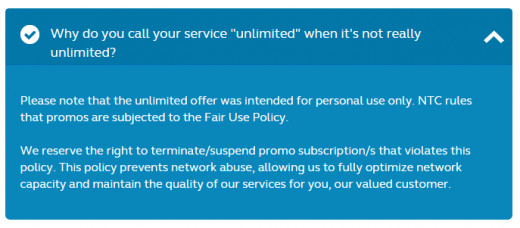
Is Bandwidth Limiting Standard?
“unlimited data is like unlimited rice or buffet concept - restaurants cannot offer an 'eat all you can' promo and when a customer eats more than the average person, to actually stop him or not to honor the commitment.” - Assistant Secretary, Geronimo L. Sy, - Head of DOJ-Office for Competition.
The quote itself is strong enough to prove that Bandwidth Limiting is not standard. There is no such policy imposed by the Government of the Philippines about telco's FUP.
In December 2014, the Department of Justice (DOJ) has issued an advisory and warned most major telco not to mislead subscribers by using the term "Unlimited Internet packages" that are eventually throttled when reaching a certain volume of data. The DOJ highlights in their In a 9-page advisory that imposing "fair usage policy" on ""Unlimited Internet Service" is inconsistent with the provisions of the Consumer Act.

